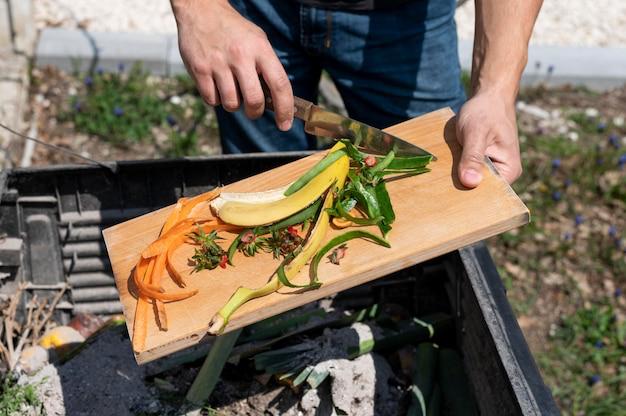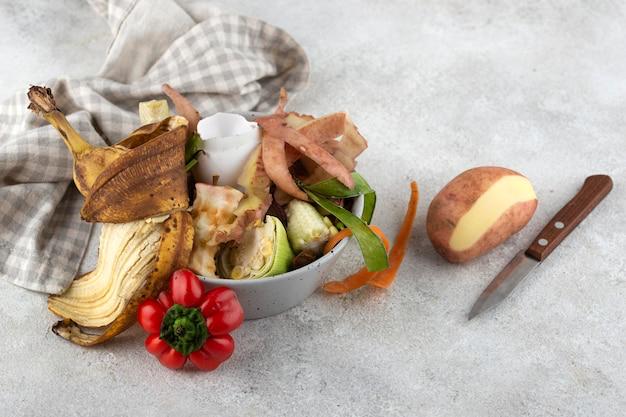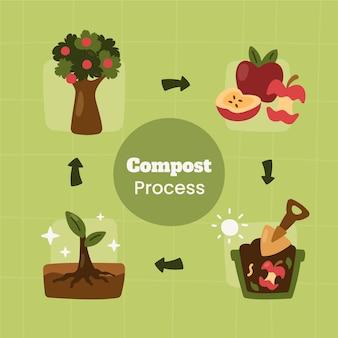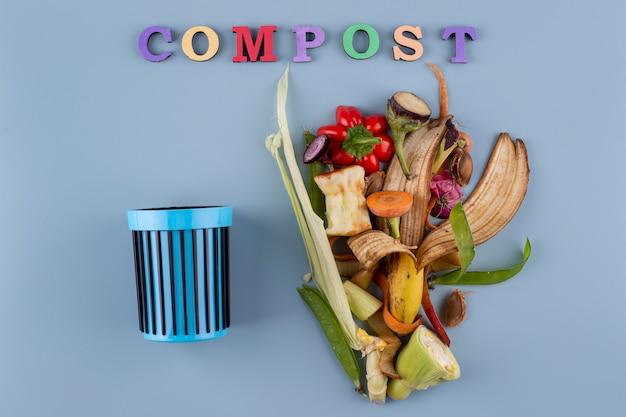In a world where sustainability is the buzzword of the century, composting stands out as a simple yet impactful way for individuals to contribute to a healthier planet. It might sound daunting, but fear not – composting is easier than you think. In this comprehensive guide, we’ll take you through the composting process in simple terms, show you how to do it at home, and delve into the many positive aspects of composting at home . Let’s embark on this eco-friendly journey together!
What is Composting?
Composting is nature’s way of recycling organic matter into nutrient-rich soil. It’s like turning your kitchen scraps and yard waste into a natural fertilizer for your garden. The process mimics what happens on the forest floor, where leaves, plants, and other organic materials break down over time.
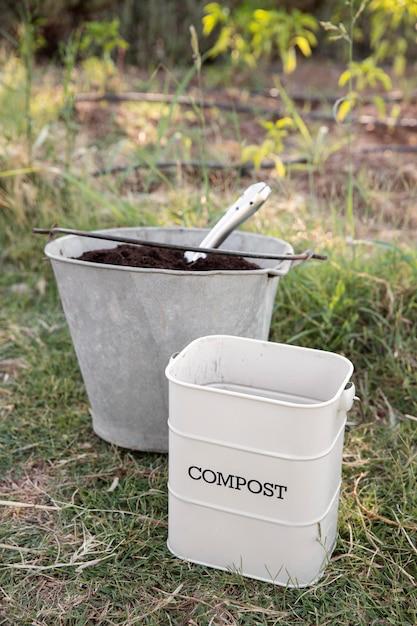
Why Compost?
- Reduce Waste: Composting helps divert organic waste from landfills, reducing the burden on these overflowing sites.
- Enhance Soil Health: The end product of composting, known as “black gold,” enriches soil, improving its structure, water retention, and nutrient content.
- Cut Down on Chemicals: Healthy soil enriched with compost reduces the need for synthetic fertilizers and pesticides.
- Save Money: Composting at home means less money spent on trash bags and disposal fees, plus lower gardening costs.
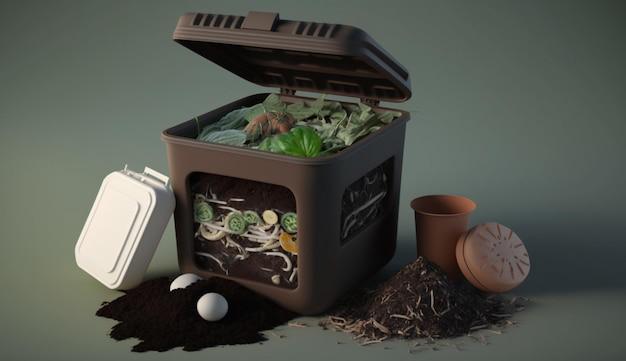
Composting Basics
Here’s a straightforward breakdown of how to compost at home:
Materials You’ll Need:
- A compost bin or pile
- Organic waste (kitchen scraps, yard waste, etc.)
- Air (aeration is essential)
- Water (to maintain moisture)

The Process:
- Choose a Location: Select a dry, shaded spot in your yard or a designated indoor bin.
- Layer It: Begin with a layer of ‘browns’ (dry materials like leaves or newspaper) followed by ‘greens’ (kitchen scraps like fruit peels and coffee grounds).
- Aerate and Mix: Regularly turn or mix the pile to introduce oxygen, which helps decomposition.
- Maintain Moisture: Keep the compost moist, like a wrung-out sponge.
- Wait Patiently: Composting takes time. It can range from a few months to a year to yield usable compost.
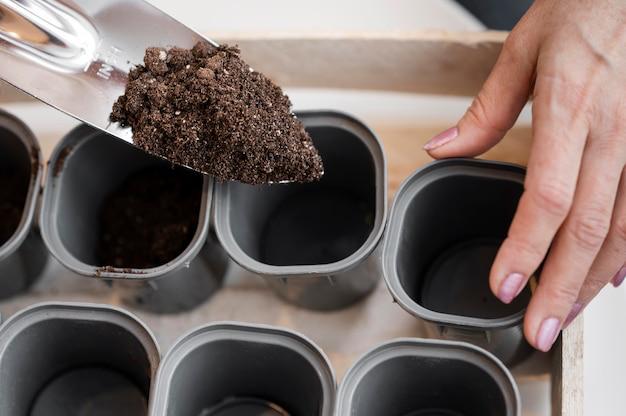
The Magic of Decomposition
Composting works through a fascinating process involving microorganisms, fungi, and insects. These creatures break down organic matter into humus, the rich, dark material that resembles soil. It’s like nature’s recycling program at work in your own backyard!
Troubleshooting
Common issues in composting include odors, pests, or a slow decomposition rate. Learn how to troubleshoot these problems to keep your compost bin thriving.
Creative Composting
Did you know you can compost more than just food scraps and leaves? Discover innovative ways to compost items like eggshells, coffee filters, and even cardboard.
Harvesting ‘Black Gold’
Once your compost turns into crumbly, dark material, it’s ready to use in your garden. We’ll show you how to harvest and apply this nutrient-packed soil amendment.
The Ripple Effect
Composting may seem small in scale, but the collective impact is enormous. Every compost heap at home reduces landfill waste, cuts carbon emissions, and fosters healthier ecosystems. By composting, you’re joining a worldwide movement toward a greener, more sustainable future.
Composting at home is the epitome of simplicity meeting sustainability. It’s an easy way for individuals to make a big difference in reducing waste, improving soil health, and nurturing our planet. So, don’t be daunted; start composting today, and together, let’s create a greener tomorrow for generations to come. Happy composting!

